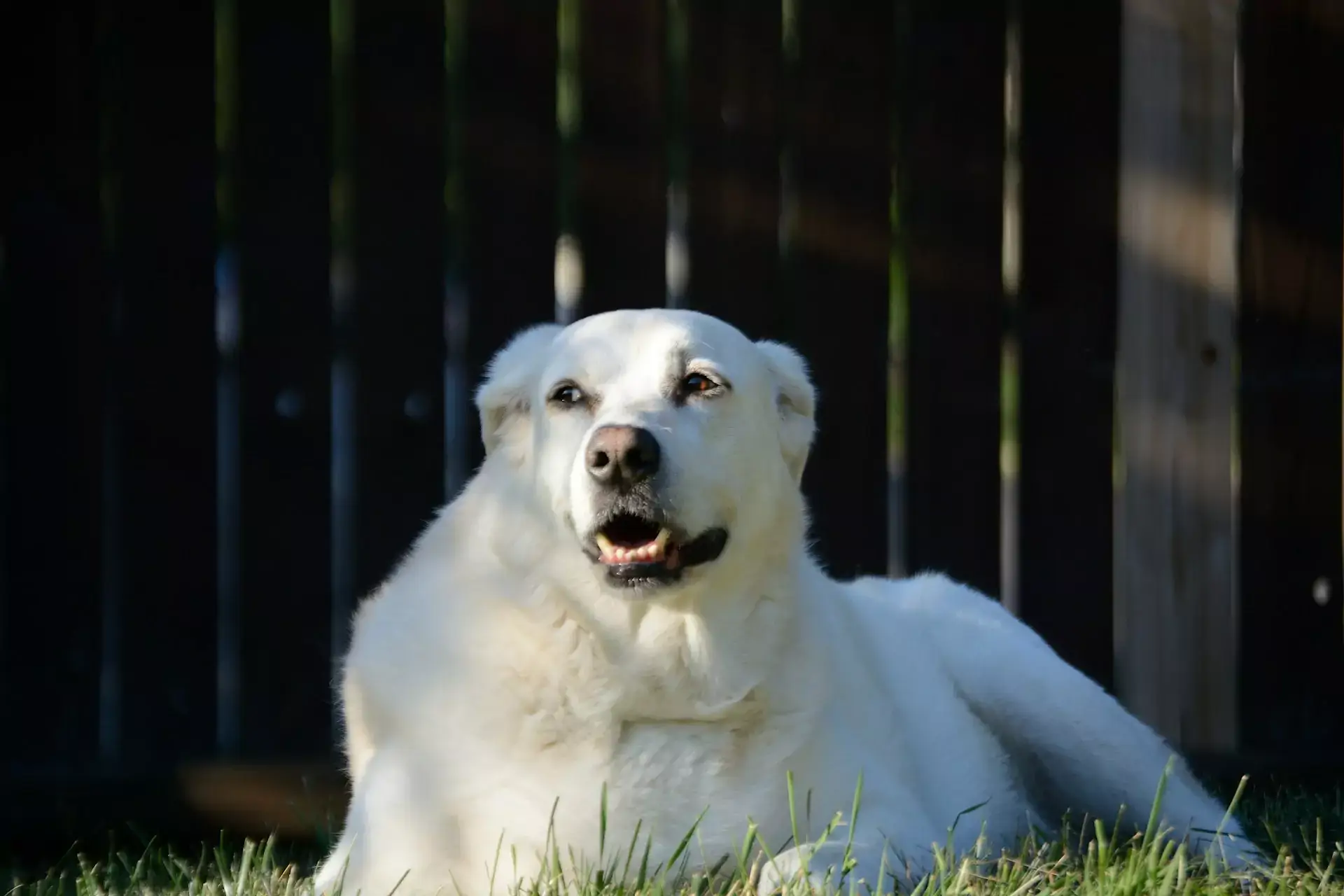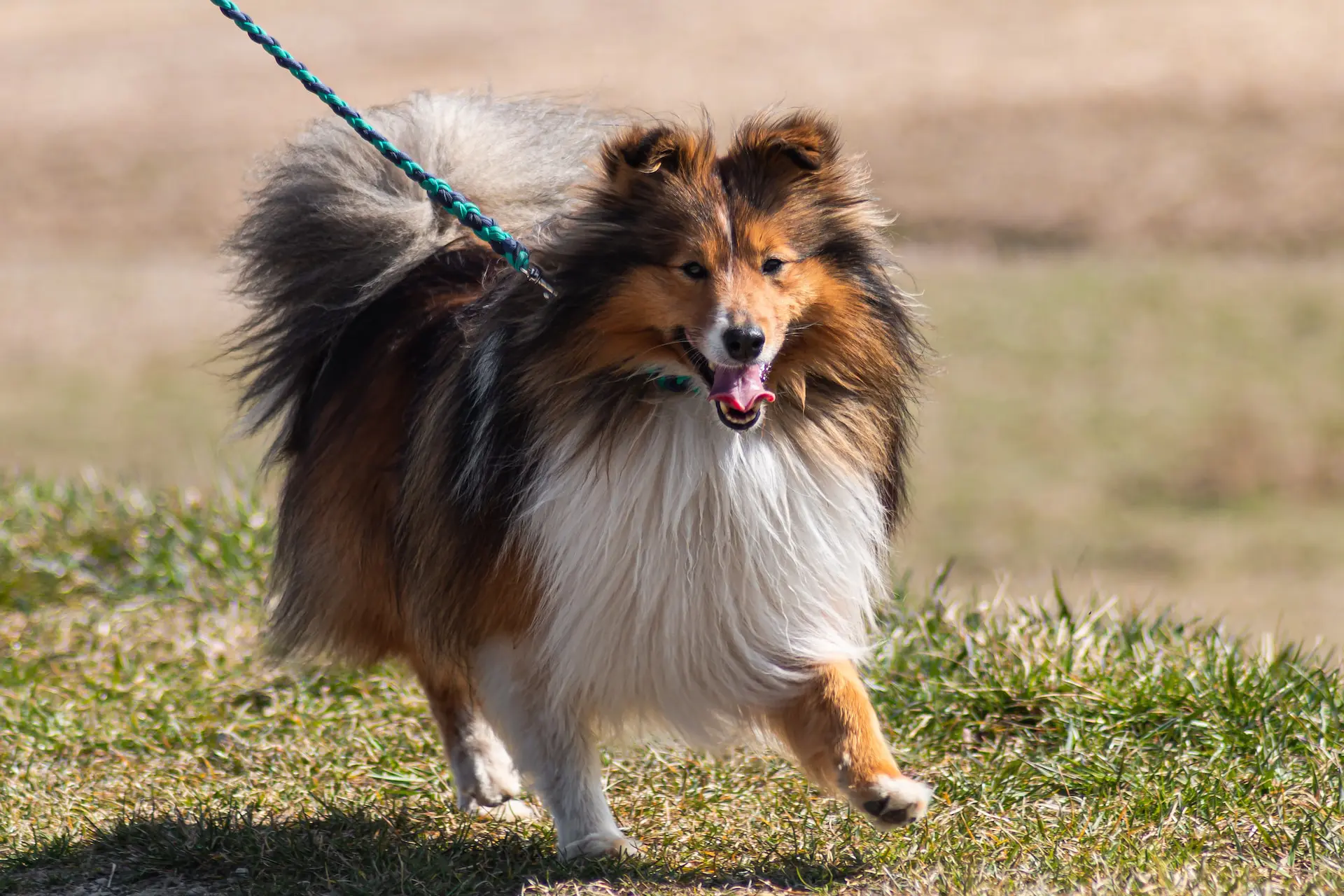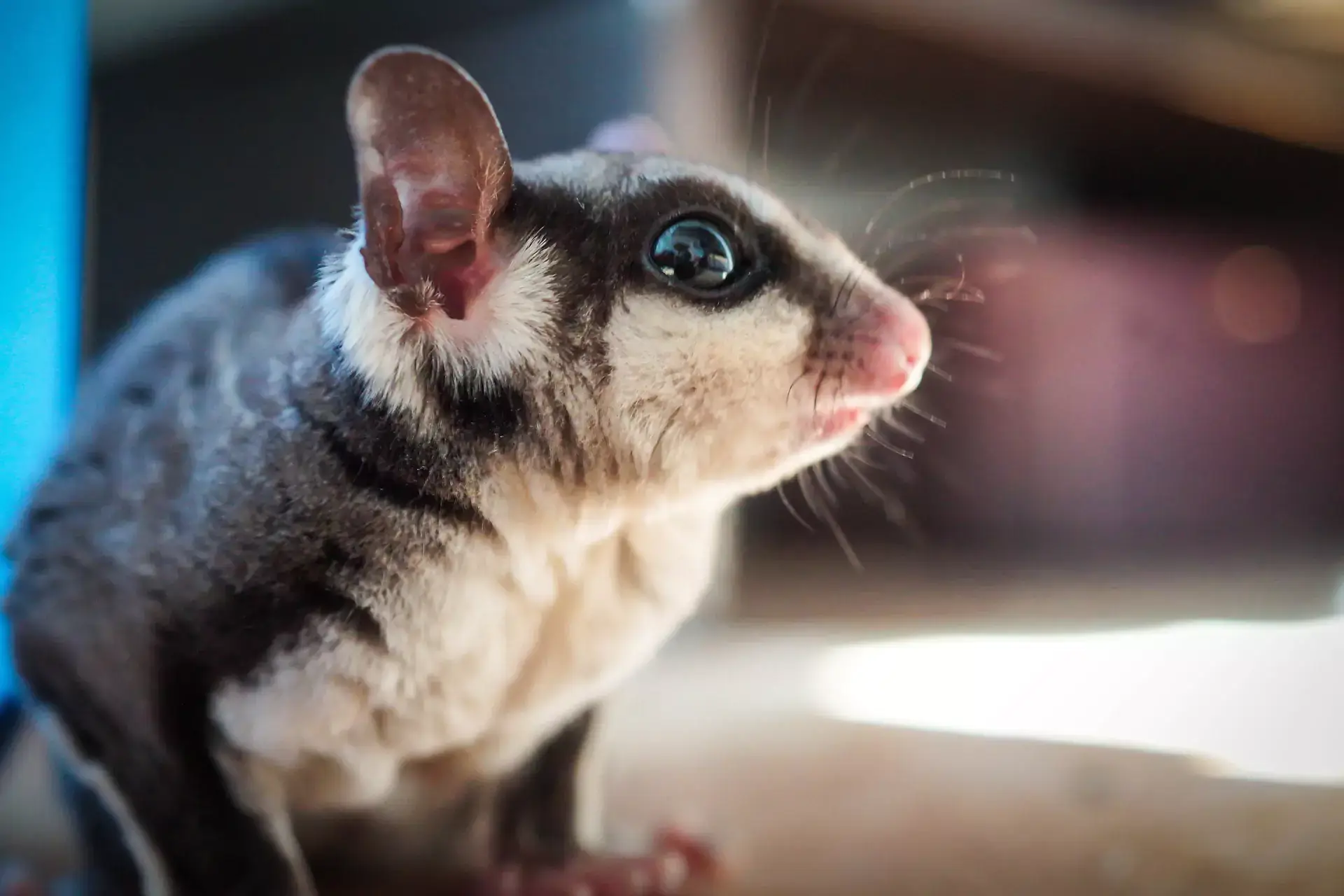Sugar Glider Care Tips
Sugar gliders are really cute and lovable pets. They’re lots of fun to play with, and can get very attached to their humans. These guys do have some specific care needs, so it’s important to do some research before adopting. A Fort Myers, FL veterinarian goes over some basic facets of sugar glider care in this article.
Get A Great Cage
Sugar gliders are marsupials. They dwell in trees in the wild, and love to jump and climb. Get a large cage that offers lots of vertical space.
Offer Buddies
These little furballs are very sociable. In the wild, they live in large colonies. A single glider will get lonely and depressed, and just won’t have a very good quality of life. It’s best to keep at least two.
Keep Away From Other Pets
Because they’re so small and fragile, gliders can easily be injured by dogs or cats. Even if Fido and Fluffy just want to play, they could hurt the little ones with a single swipe of their paws. Keep your furry friends separated from larger animals.
Trim Their Nails
You won’t need to bathe your gliders. However, you do need to trim their nails regularly. Otherwise, they could get caught on hammocks, swings, or other furnishings.
Never Harness Them
Sugar gliders have unique skin, in that they have patagiums—special membranes—that stretch out and allow them to glide. This skin is very delicate, and can easily be torn by things like harnesses or collars. Never put anything on your pint-sized pals!
Provide Proper Nutrition
Sugar gliders are somewhat high-maintenance when it comes to food, as they have specific nutritional needs. Your tiny buddies can eat commercial glider food, but this will need to be supplemented with safe fruits and vegetables, such as arugula, bibb lettuce, dill, or radicchio. You can also offer small amounts of things like applesauce and honey sticks as treats. Don’t give them anything that is high in calcium and oxalates, as these can cause urinary stones. Ask your vet for specific advice.
Have Fun With Them
Sugar gliders really are adorable. They love climbing, so be sure to provide things like swings, ladders, and hammocks. If you really want to go all-out, get your furry little buddies a climbing wall.
Do you have questions or concerns about caring for your gliders? Contact us, your Fort Myers, FL pet hospital, today!





